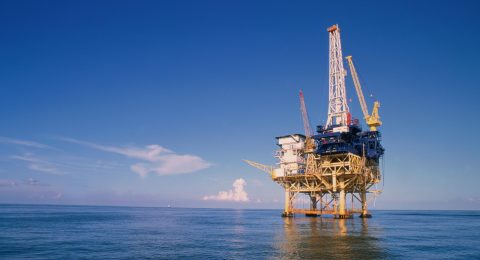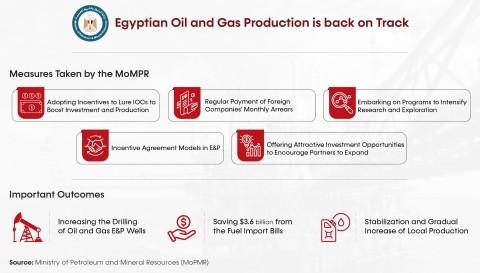Wintershall has now restarted oil production in the Libyan Desert again in concessions 96 and 97. The company had suspended and sealed off production operations in the eight onshore oil fields around 1,000 kilometers south-east of Tripoli in February 2011 in view of the political situation and for security reasons. No oil has been produced there since. The facilities are undamaged; Libyan Wintershall employees looked after and continuously maintained the production sites in the desert. Now the production facility has been started up again as agreed with the Libyan National Oil Corporation (NOC).
“We reached a production level of about 20,000 barrels per day shortly after beginning operations. Now we have to technically stabilize production,” Dr. Rainer Seele, Chairman of the Executive Board of Wintershall, explained. Before suspending its operations, Wintershall was producing around 100,000 barrels of oil a day in Libya. The infrastructure for transporting the extracted oil to the Mediterranean coast is deemed to be in working order. The Wintershall Chairman expressed his deep gratitude to the staff in Libya, “In Germany it is difficult for us to imagine what it was really like to live here in the last few months and look after our company here as they did.”
As well as the production operations on the Libyan mainland, in which Gazprom holds a 49 percent share, crude oil production from the offshore platform Al Jurf in the Mediterranean began again a few weeks ago. Wintershall has a stake (6.75%) in Block C 137 together with the national oil company Mabruk Oil (73% / operator) and the French company Total (20.25%). Wintershall has been producing crude oil in Libya since 1958. With investments of more than two billion US dollars and over 150 wells sunk, the company is also one of the largest oil producers.











